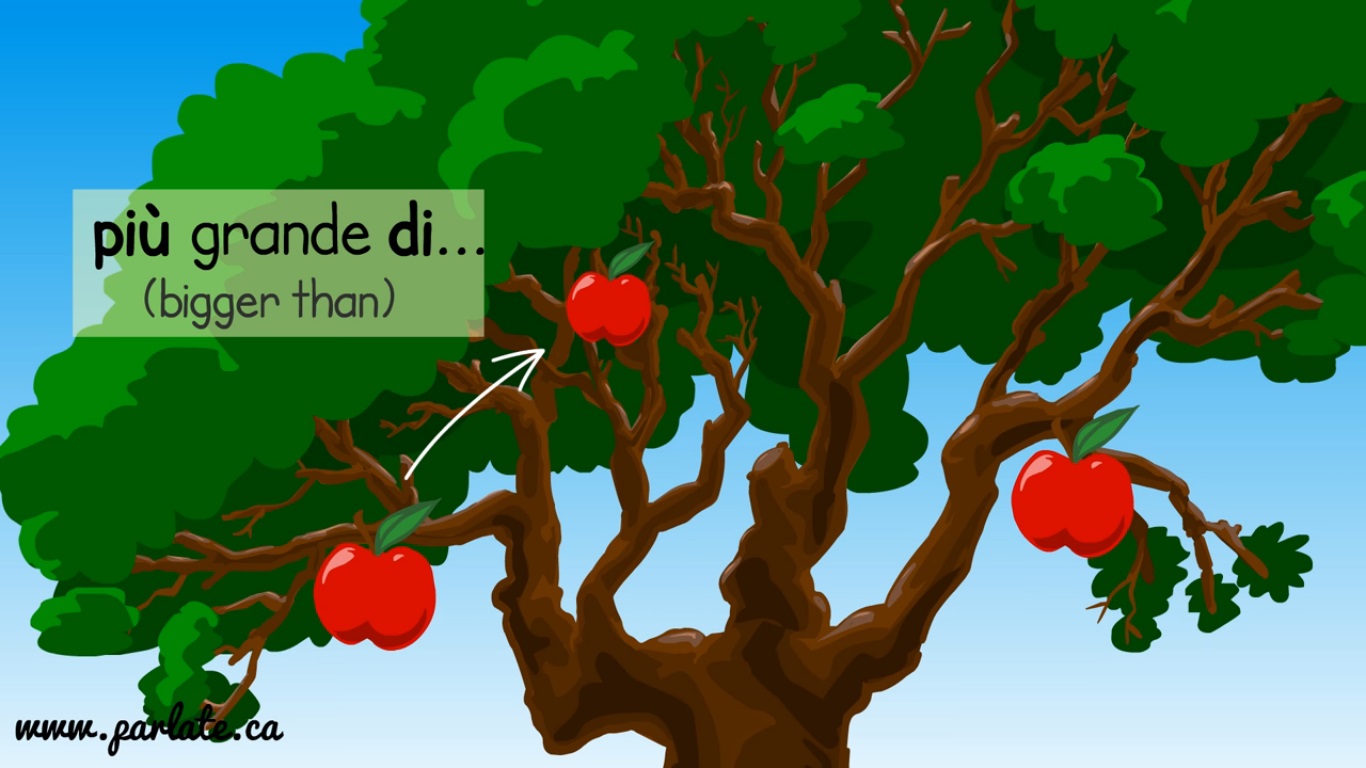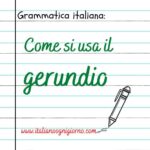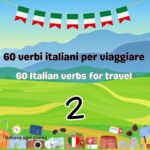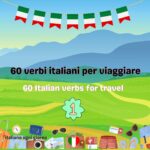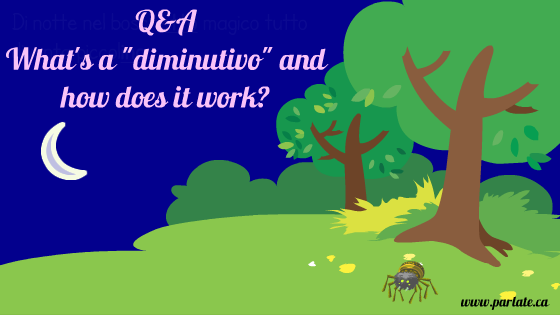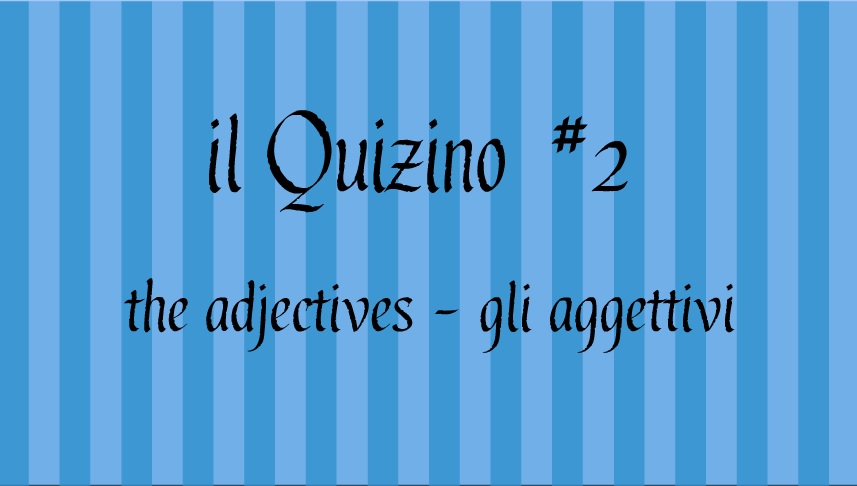Con la primavera in arrivo e il paesaggio che si prepara ad esplodere con colori brillanti, abbracciamo i colori attraverso le parole degli scrittori italiani.
Ho selezionato quelli che mi hanno ispirato a scrivere questo post.
Pronti a lasciare che i colori della lingua ti mettano di umore primaverile?
Ascolta prima e leggi dopo, o viceversa! Puoi scaricare i file audio per ascoltarli quando e quante volte desideri.
With spring arriving and the landscape preparing to burst into brilliant colors, let’s embrace the colors through the words of Italian writers.
I selected the ones that inspired me to write this post.
Pronti? Ready to let the colors of language put you in a Spring mood?
Listen first and read later, or the other way around! You can download the audio files to listen to them when and as many times you wish.
Buon ascolto, Mirella
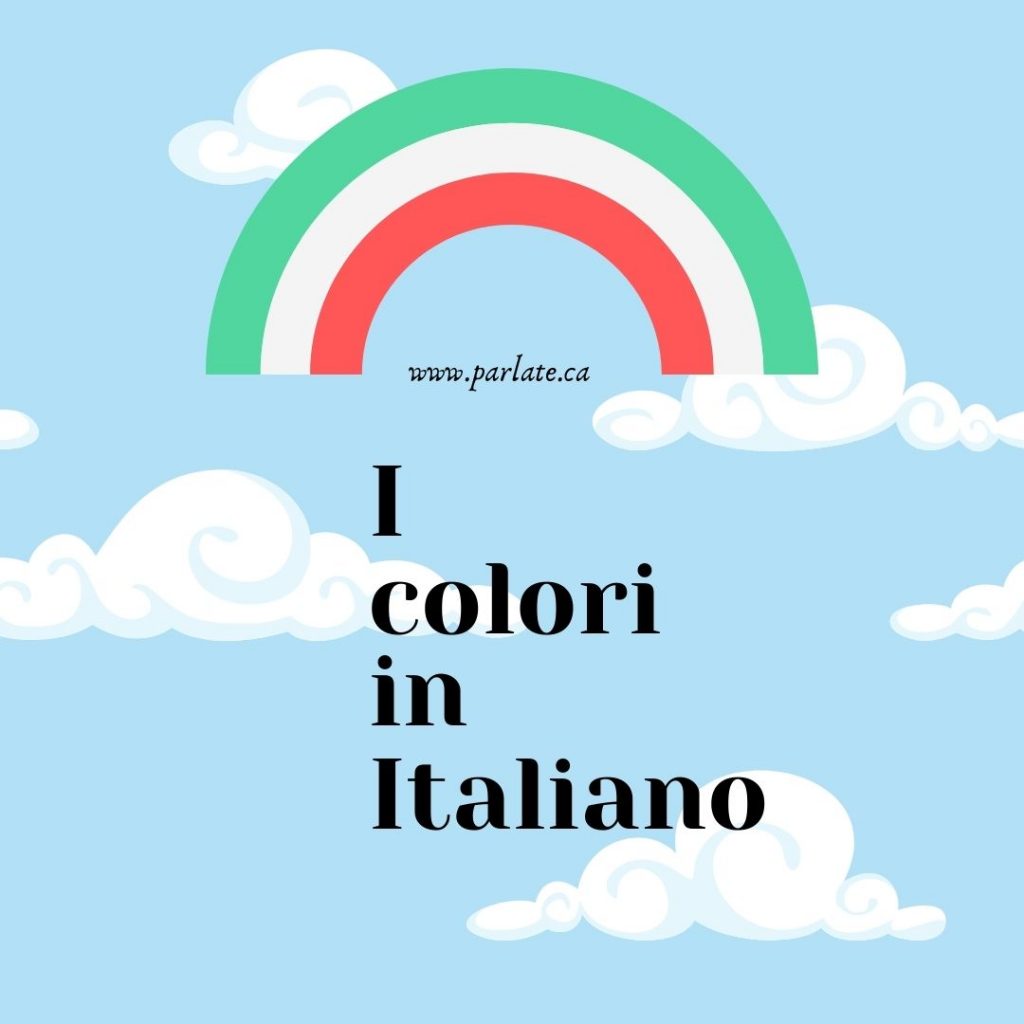
Ogni nuovo mattino, uscirò per le strade cercando i colori.
(Cesare Pavese)
Every new morning, I will go out into the streets looking for colors.
(Cesare Pavese)
A volte le parole non bastano.
E allora servono i colori.
E le forme.
E le note.
E le emozioni.
(Alessandro Baricco)
Sometimes words are not enough.
So then colors are needed.
And forms.
And notes.
And emotions.
(Alessandro Baricco)
Era una donna meravigliosa, con gli occhi verdi, i capelli rossi, l’abito azzurro e le scarpe gialle. Volete sapere come è andata a finire? In bianco. (Totò)
She was a wonderful woman, with green eyes, red hair, blue dress and yellow shoes. Do you want to know how it ended? I failed to score.
(Totò)
Ai colori si chiede conforto, al linguaggio colore.
(Marcella Tarozzi Goldsmith)
Colors are asked for comfort, language is asked for color.
(Marcella Tarozzi Goldsmith)
La sensibilità è una condanna, ma ti consente di cogliere migliaia di colori in un viaggio in bianco e nero.
(Michelangelo Da Pisa)
Sensitivity is a condemnation, but it allows you to capture thousands of colors on a black and white journey.
(Michelangelo Da Pisa)
Pelle Bianca come la cera
Pelle Nera come la sera
Pelle Arancione come il sole
Pelle Gialla come il limone
tanti colori come i fiori.
Di nessuno puoi farne a meno
per disegnare l’arcobaleno.
Chi un sol colore amerà
un cuore grigio sempre avrà.
(Gianni Rodari)
White skin like wax.
Black skin like the evening
Orange skin like the sun
Yellow skin like lemon
many colors like flowers.
Nobody can do without them
to draw the rainbow.
Those who one color will love
a gray heart will always have.
(Gianni Rodari)
Il mio colore preferito è il cioccolato.
(Anonimo)
My favorite color is chocolate.
(unknown)
La scrittura può descrivere i colori, ma ogni descrizione è un’ombra.
(Marco Ercolani)
Writing can describe colors, but every description is a shadow.
(Marco Ercolani)
Ogni cosa è un colore. Ogni emozione è un colore. Il silenzio è bianco. Il bianco infatti è un colore che non sopporto: non ha confini. Passare una notte in bianco, andare in bianco, alzare bandiera bianca, lasciare il foglio bianco, avere un capello bianco… Anzi, il bianco non è neanche un colore. Non è niente, come il silenzio. Un niente senza parole e senza musica. In silenzio: in bianco.”
(Alessandro D’Avenia)
Everything is a color. Every emotion is a color. Silence is white. In fact, white is a color that I cannot stand: it has no boundaries. (Passare una notte in bianco) Spend a sleepless night, (andare in bianco) fail to score,
(alzare bandiera bianca) raise the white flag, (lasciare il foglio bianco ) leave the page blank, (avere un capello bianco) have a white hair… Indeed, white is not even a color. It is nothing, like silence. A nothing without words and without music. In silence: in white. ”
(Alessandro D’Avenia)
Io so i colori dei mestieri:
sono bianchi i panettieri,
s’alzano prima degli uccelli
e hanno la farina nei capelli;
sono neri gli spazzacamini,
di sette colori son gli imbianchini;
gli operai dell’officina
hanno una bella tuta azzurrina,
hanno le mani sporche di grasso:
i fannulloni vanno a spasso,
non si sporcano nemmeno un dito,
ma il loro mestiere non è pulito.
(Gianni Rodari)
I know the colors of the trades:
The bakers are white,
they rise before the birds
and they have flour in their hair;
the chimney sweepers are black,
the painters are of seven colors;
The car repair workers
have a nice blue suit,
their hands are dirty with grease:
the tramps go wandering,
they never get a finger dirty,
but their trade is not clean.
(Gianni Rodari)
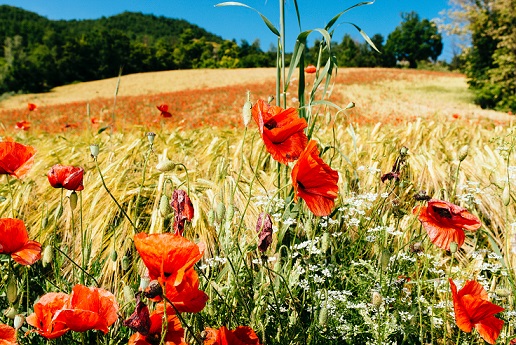
- Why do Italians say “vuoi favorire” at the dinner table?
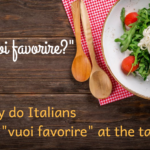
- What’s the origin of the name “Italia”?
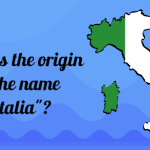
- What’s the difference between “asciutto” and “secco”?
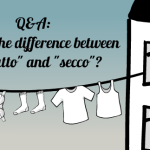
- What are the origins of the words Papa & papà

- Virtual travel in Trentino-Alto Adige – Travelling in Italy

- Villaggi intelligenti – Smart Villages | Italian Home

- Uno stravagante viaggio letterale attraverso l’ABC italiano
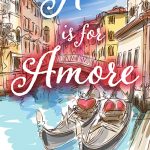
- Una rassegna: Cosa abbiamo studiato in italiano nel 2024?

- Un viaggio virtuale in Valle d’Aosta



